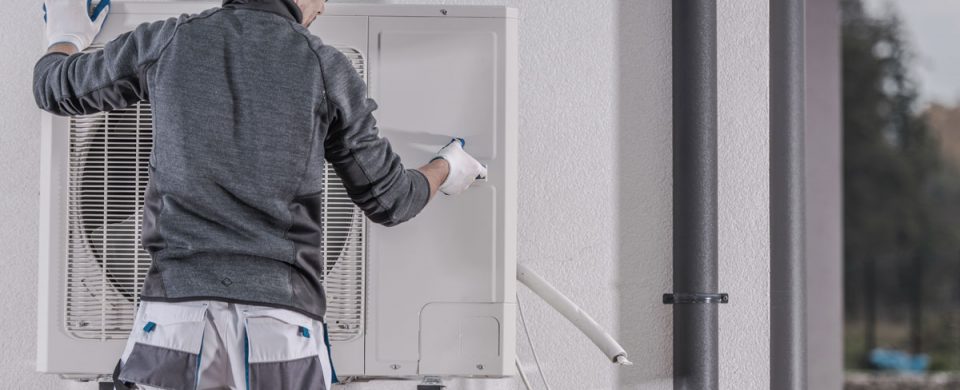


OBTAIN 3 QUOTES FOR YOUR HEAT PUMP OR AIR-CONDITIONING
Experts for Heating Systems in Halifax: Heat Pumps, Water Heaters, Oil Burners
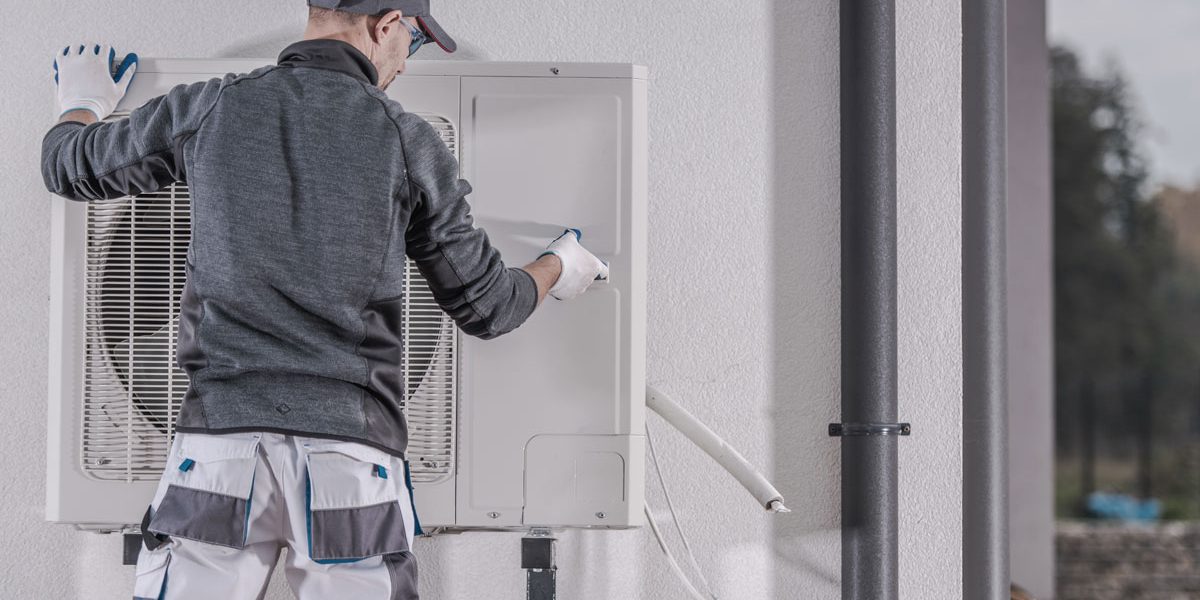
The climate in Halifax is milder than other areas in the country, with temperatures of -8 and 24 but slightly below freezing in January.
Thus, it is important to have a properly working heating system in the home for ultimate comfort and safety.
Our partners, experts at all kinds of heating systems, will help you find the right-sized heat pump that suits your needs and budget. Their highly-trained technicians will make sure that your equipment is expertly installed for your maximum benefit.
Our reliable HVAC partners serving Halifax are ready to assist you with all of your heating needs:
- Heat pumps
- Water heaters
- Oil burners
Buying a heat pump is a big investment and we want to help you make the best decision for your home.
Read on to know more tips about buying a heat pump and how this investment can improve your lifestyle and finances.
You can also compare multiple quotes for heat pump installation, FREE OF CHARGE, to save time and money! Just fill out the form on this page with no obligation to buy.
Types of Heat Pumps to consider in Halifax
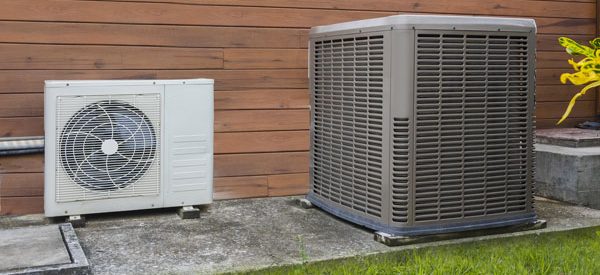
A study by IESO revealed that heat pumps for residential use can lower energy costs by 60%. With more homeowners concerned about energy savings nowadays, many people are switching to heat pumps for heating their homes.
Heat pumps are twice as efficient as conventional oil systems and provide the extra benefit of air conditioning.
Heat pumps provide an energy-efficient alternative to furnaces or air conditioners. They use electricity to transfer heat from a cool space to a warm space so that it will be warmer and more comfortable.
During the season for heating, heat pumps move the cool outdoor air into the warm home and in the cooling season, they move heat from the home to the outdoors. Since they move heat instead of generating heat, they function at ¼ the cost of operating other heating or cooling appliances.
Which type of heat pump is best for your home?
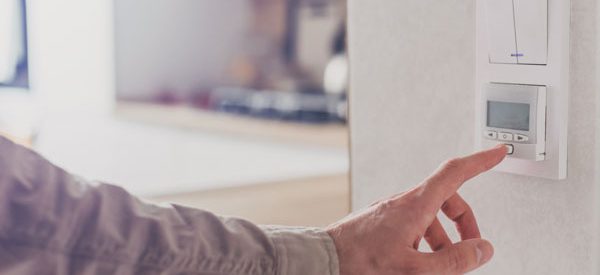
It may not be simple to find the best heat pump for your home. You will see that there are several types of heat pumps available; your choice will be based on factors such as the heating system you currently use and if your home is newly-built.
In general, there are 3 kinds of heat pumps in the market: air to air, water source, and geothermal. They get heat from the air, water, or the ground outside the home and bring it inside.
The air-source heat pump is the most common type and it transfers heat between the home and the air outside. Heat pumps can reduce energy consumption by as much as 50% compared to furnaces or baseboard heaters.
The high-efficiency models can dehumidify more efficiently than central air-conditioning systems with less energy use in summer.
Although they have been widely used in the United States, it is only with more recent advancements that they have become popular for heating in colder regions.
Homes without ducts can use ductless types called mini-split heat pumps. A special version of air-source heat pump named reverse cycle chiller generates hot and cold water instead of air and uses it with radiant floor heating systems.
Ground and water source heat pumps (geothermal) are also highly-efficient because they move heat between the home and the ground or nearby water. Although they are more expensive to install, this type of heat pump has lower operating costs and reduce energy use by 30%. They also control humidity and are suitable for many homes.
Geothermal heat pumps are suitable for use in extreme climates with very high customer satisfaction.
A newer type of heat pump for residential use is called absorption heat pump or gas-fired heat pump. They use air as the energy source with a large variety of heat sources.
What to look for in heat pumps

Heat pumps today have many innovations that improve their performance.
2-speed compressors allow heat pumps to operate as closely as possible to the heating or cooling capacity at any time. This helps save on energy consumption and reduces wear and tear on the compressor. They also work well with zone control systems found in bigger homes so that multiple rooms can have different temperatures.
Variable speed or dual speed motors on indoor blowers and outdoor fans keep air moving at efficient velocities to reduce cool drafts and save energy. Noise is also reduced when the fan is running full-speed.
Desuperheaters found in many heat pumps recover waste heat from the pump’s cooling mode and uses it to heat water. A heat pump with desuperheater can heat water as much as 3 times more efficiently than standard electric water heaters.
Heat pumps with burners solve the issue of cool air being delivered when the whether is cold and also reduces energy use. Some manufacturers use both heat supplies in just one box as side-by-side configurations with half of the system using natural gas, oil, wood, or propane.
Central ducted heat pumps
This type of system is a good solution for homes with existing ductwork or for new construction. It can provide the home with comfortable temperatures all-year round at less cost. Some brands allow you to use a solar powered system to generate electricity for the heat pump and save on utility costs. Energy Star qualified models offer energy efficiency that exceed EPA requirements.
When you consult an HVAC professional for the best heat pump for your home, he will need to know the following:
- The size and layout of your house
- Your existing heating system (hot water baseboard, forced air, electric baseboard, etc.)
- Your goal for replacing your heating system (reduce energy bills, add air conditioning or improve air quality)
- Your budget
How performance of heat pumps is measured
There are several ways you check on the performance of heat pumps.
COP for co-efficient performance, and EER or Energy Efficiency Ratio are used to describe the efficiency for heating and cooling of air-conditioning systems. The higher the COP and EER, the more energy efficient your equipment is. Always check for the COP and EER when shopping for your home’s heating and cooling needs.
On the other hand, SEER or Seasonal Energy Efficiency Ratio measures the efficiency of a heat pump in its cooling mode. In Canada, the minimum required SEER for equipment is 13.
HPSF or Heating Seasonal Performance Factor measures the efficiency of a heat pump in heating mode and works the same as SEER.
Always check for the above factors when shopping for your home’s heating and cooling needs. It is always best to consult an HVAC professional to find the best heating system for your home.
Fill out the form on this page to get FREE and NO COMMITMENT quotes from our reputable HVAC partners in Halifax!
Frequently asked Questions about Heat Pumps

When you are seriously considering to replace or install a heating system in your home, you will need to have as much information about your options as possible.
Below you will find some frequently asked questions about heat pumps that can help you make a smart decision.
How does a heat pump work?
A heat pump is similar to how an air conditioner works. But although they can operate on cooling mode in warm months, a heat pump reverses the flow of cooling. In short, it can provide heat during the winter months.
Using heat transfer technology, a heat pump is more efficient than having a separate cooling and heating system.
What is the cost of a heat pump?
The sizes of heat pumps differ widely and you will find many options for the size of your home and your needs. A reputable contractor can provide an accurate estimate that is tailored to your home. A heat pump’s size is measured in tons; the bigger the tonnage, the bigger the system and the more expensive.
To give you a general idea, the average cost to install a ductless heat pump with 1 indoor heating and cooling zone is from $3,700 to $5,000. If you need additional heating zones and more heating capacity, it will increase the price of your heat pump.
If you are replacing a heat pump, you can expect to pay from $4,500 to $10,000, depending on the ductwork required.
Are heat pumps efficient?
A heat pump is very efficient when correctly installed by a qualified professional. Heat pumps transfer up to 300% more energy than it uses compared to a high-end furnace which is only 95% efficient.
Because they are electricity powered, a homeowner saves on fuel costs. Most importantly, heat pumps work to heat and cool the home all year round.
How do I use a heat pump in winter?
Your heat pump can be controlled with a typical thermostat which means you can set it to the desired temperature.
Heat pumps can maintain consistent temperature and work efficiently for a long period of time.
How much energy is saved by heat pumps?
A higher-efficiency heat pump can save significant energy consumption. The savings from your energy bill will depend on factors like the local climate, your current system’s efficiency, the type and size of your heat pump, and the control strategy used. HVAC technicians and professionals can help you determine your energy savings by using NRCan’s free assessment tool.
What is the life expectancy of a heat pump?
A heat pump generally lasts around 15 years although ground-source heat pumps are known to last as long as 25 years.
New units in the market today can last a long time but maintenance of a heat pump will determine its lifespan.
2023 Best Residential Heat Pumps in Halifax
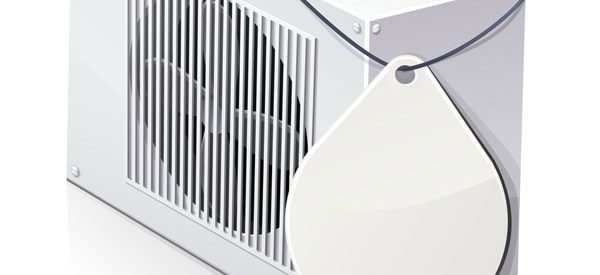
What are the best residential heat pumps to consider in Halifax? This short guide will give some answers to this question to help you in your choice.
You might be surprised with some of the ratings and information you find here. Read on to get tips on choosing the best value for heat pumps.
Brand | Characteristics | Efficiency | Value vs. Cost |
Tempstar | This company’s heat pumps are top rated and comparable to Carrier and Bryant but more affordable. Warranty of 10 years on parts. | Maximum of 19 SEER | Excellent |
Daikin | Made by a Japanese global company and affiliated with Goodman/Amana. Their heat pumps use inverter-driven compressors and proprietary coils and some other universal components. | Maximum of 23 SEER | Very good |
Goodman | Bought out by Daikin in 2012 and considered a cheaper cost. It is being marketed as a budget HVAC equipment. Considered by many tradesmen as the best value brand for heat pumps. | Maximum of 19 SEER | Excellent |
Armstrong Air | Uses universal components with a few Lennox parts which can be difficult to obtain for repairs. Offers a 10-year warranty on parts. | Maximum of 21 SEER | Very good |
Carrier | This is the premium brand for residential HVAC equipment. The quality is excellent but the warranties are not substantial. Their prices are also higher than most other brands. | Maximum of 21 SEER | Very Good |
Trane | The quality of their heat pumps is excellent but the prices are high and warranties are not so extensive. | Maximum of 22 SEER | Good |
York | The company has an improved lineup of heat pumps that are high-efficiency. Considered of good value and quality. The company makes their own parts which makes them easy to buy for repairs. | Maximum of 20 SEER | Very good |
Maytag | Maytag is popular for appliances but some consumers are unaware that they also offer heat pumps. Their equipment is of good quality with solid warranties. | Maximum of 20 SEER | Very good |
Lennox | While high-end in price and reliability, the parts are difficult to obtain for repairs and are expensive compared to other brands. | Maximum of 23.5 SEER | Very Good |
Rheem | Considered a classic, Rheem heat pumps give good value for money. The company uses Copeland compressors, the most trusted for reliability I the industry. The company offers a 10-year unit replacement warranty. | Maximum of 20 SEER | Very good |
American Standard | Affiliated with Trane, the company offers variable-capacity compressor technology. HVAC technicians give it good marks for performance and durability. The company uses a proprietary called Duration which is efficient but not easily available when a replacement is necessary. | Maximum of 21 SEER | Good |
We hope the information above will help you to find the right heat pump that suits your home and your budget.
Get professional advice from a reputable HVAC contractor using our short online form and receive FREE and NO COMMITMENT QUOTES!
Quality Installation of Heat Pumps Matters a Lot
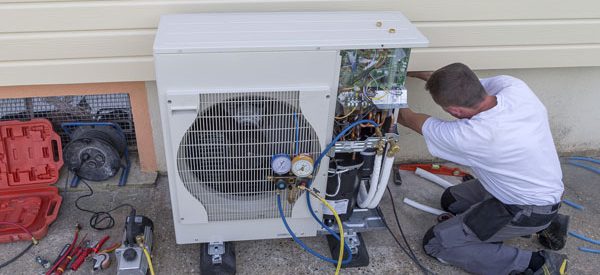
According to the National Institute of Standards and Technology, common issues found in heat pump installations include undersized ductwork resulting in low indoor airflow, oversized equipment, and overcharge of refrigerants.
When a heat pump is not properly installed, it can waste as much as 30% energy. These aforementioned issues can also cause expensive repairs and inferior performance.
To avoid problems and obtain maximum efficiency of your heat pump, make sure to hire a reliable and experienced HVAC contractor.
Check the following for your own peace of mind:
- Is the HVAC contractor licensed?
- Does the company carry insurance?
- Does the company have a solid track record and experience?
We recommend getting accurate estimates from multiple contractors serving your area that meet the qualifications needed.
To expedite the process, fill out the form on this page to receive from top heat pump installers FREE QUOTES with NO OBLIGATION on your part.
Comments are closed.



OBTAIN 3 QUOTES FOR YOUR HEAT PUMP OR AIR-CONDITIONING
Copyright© 2025 Compare Home Quotes.
Oolong Media





